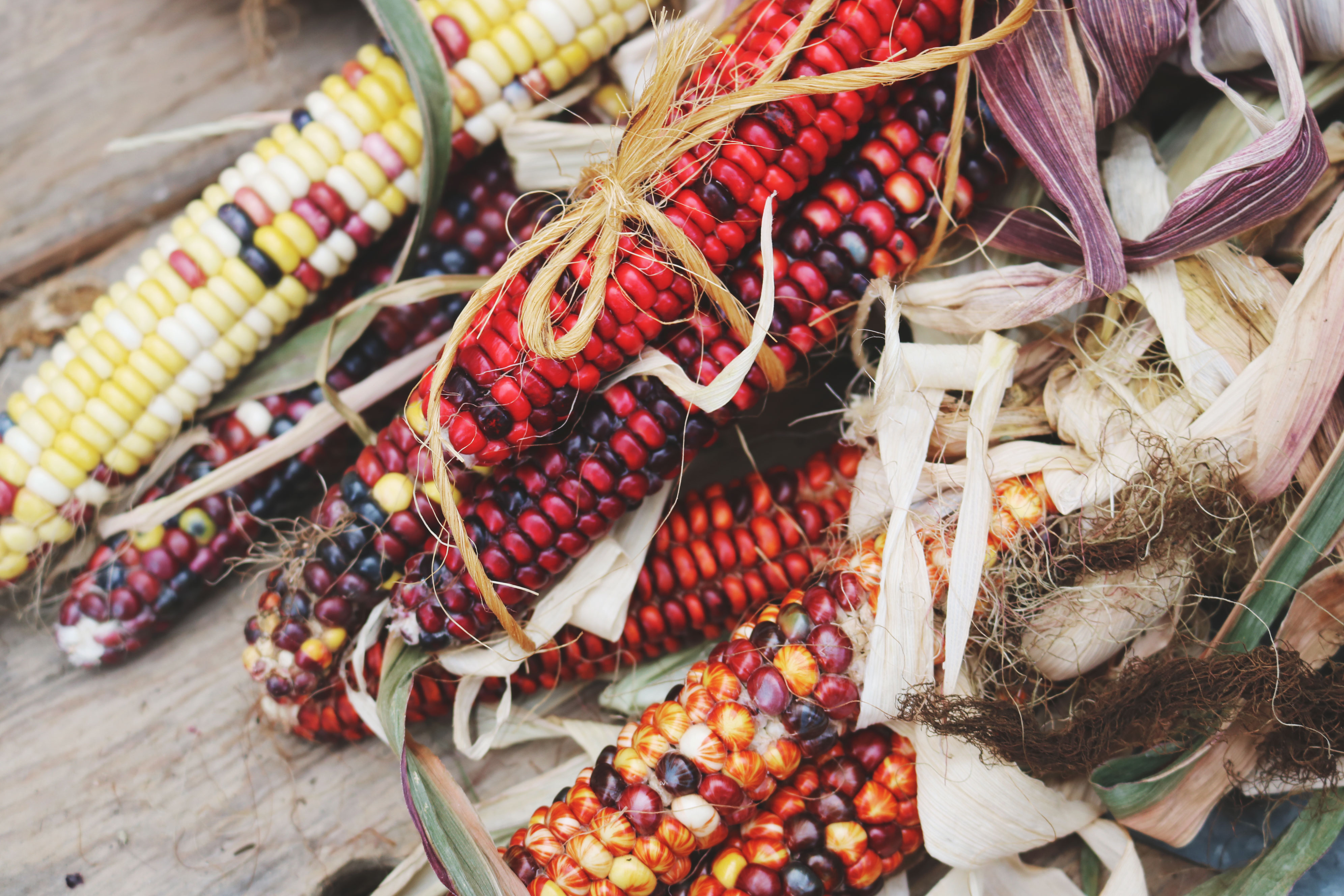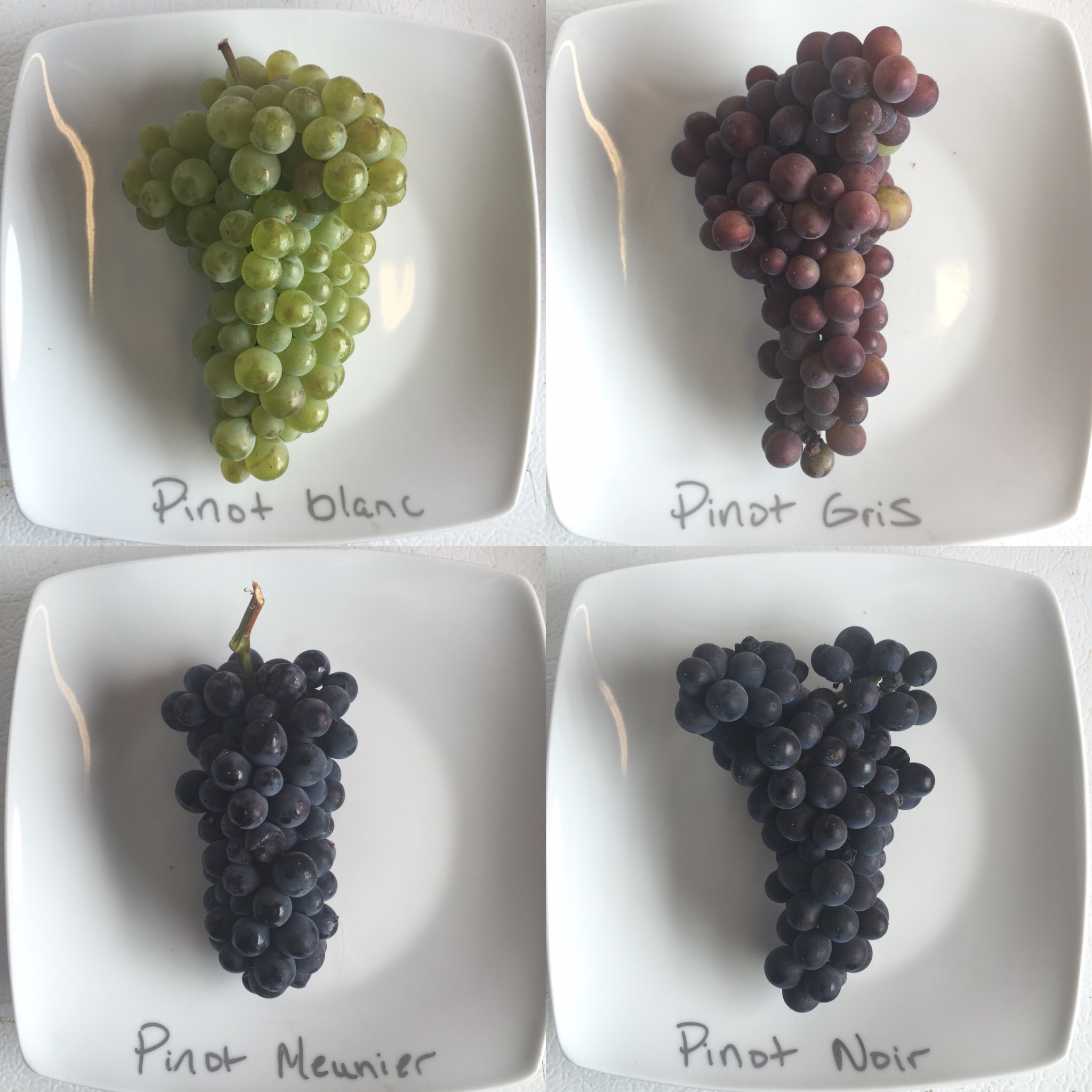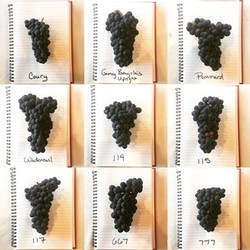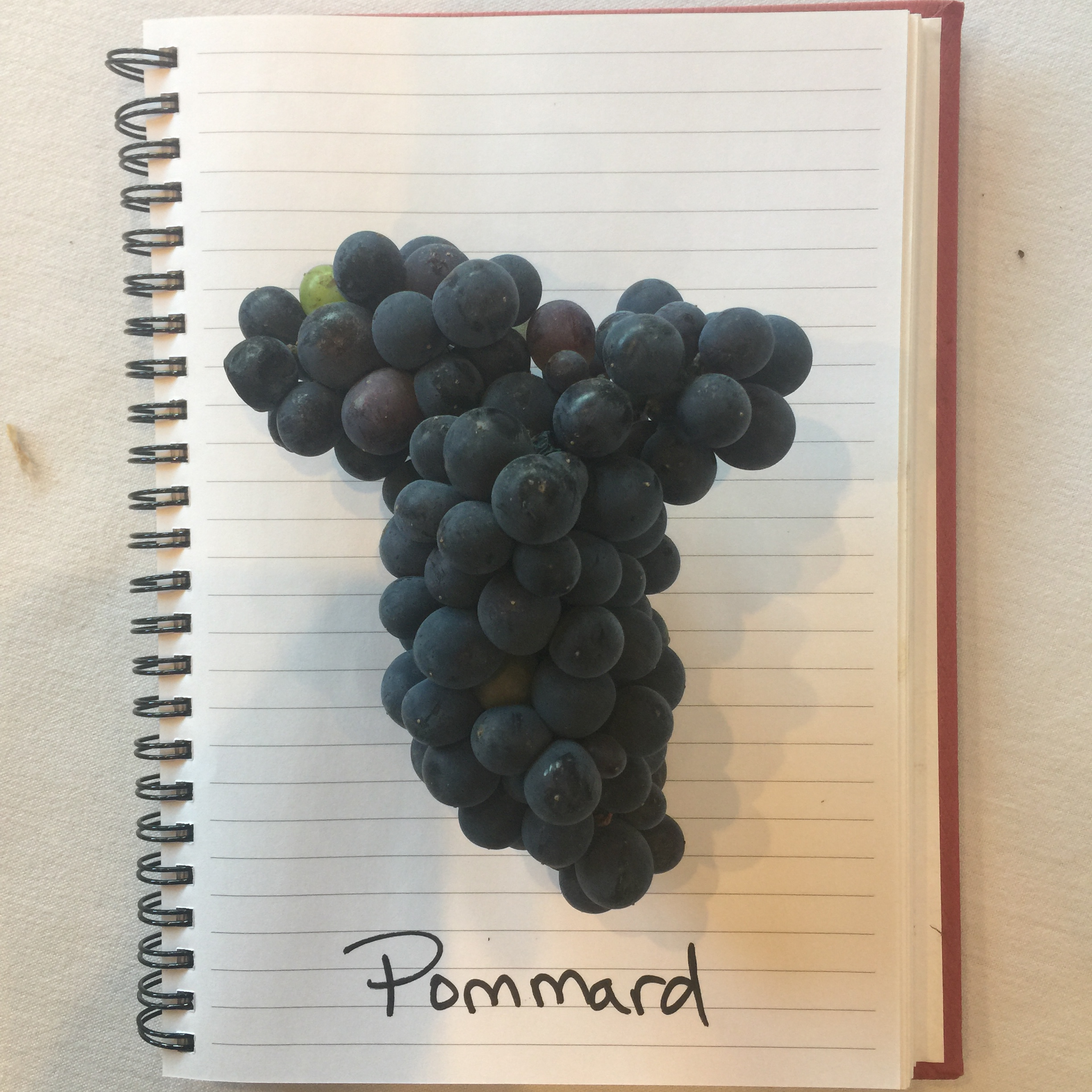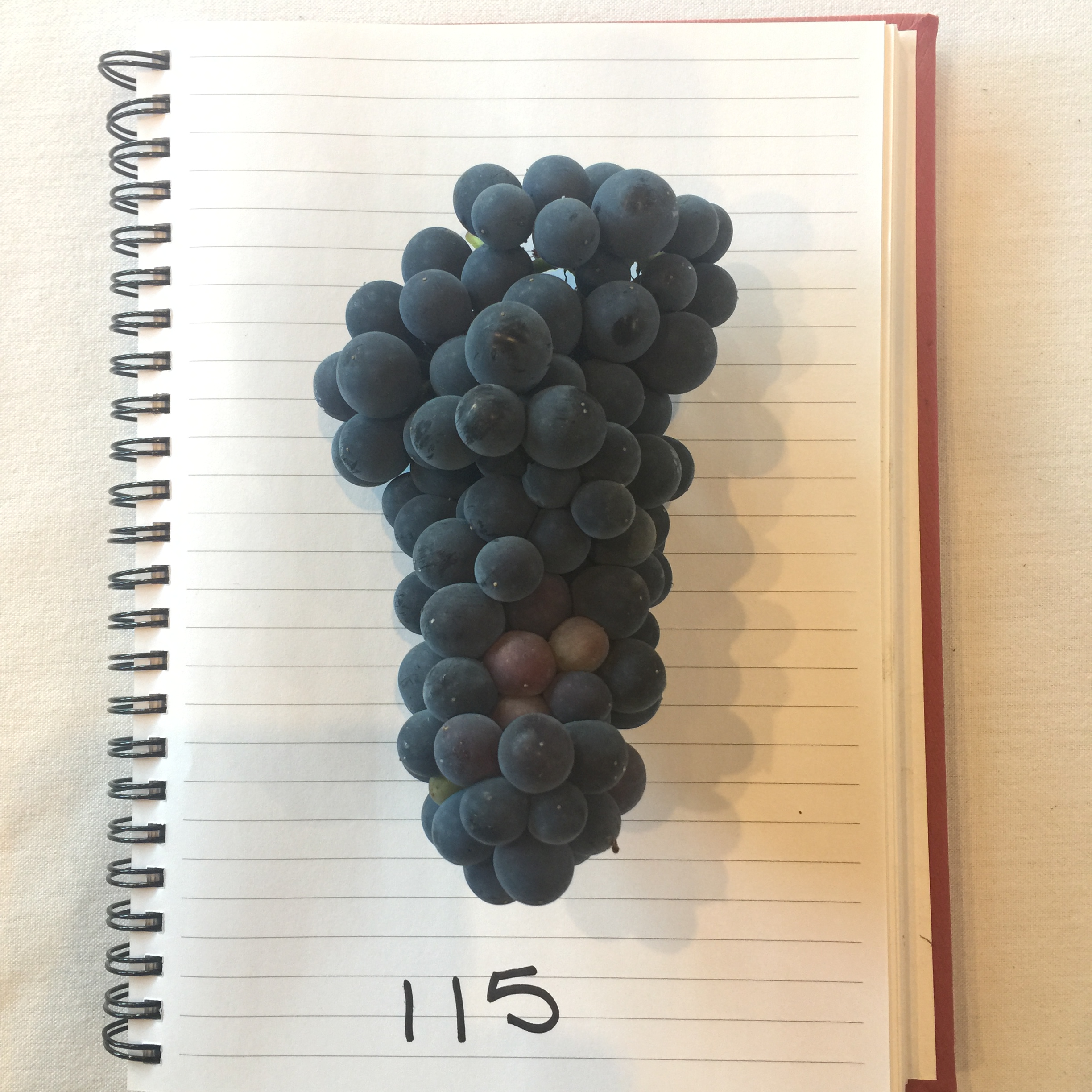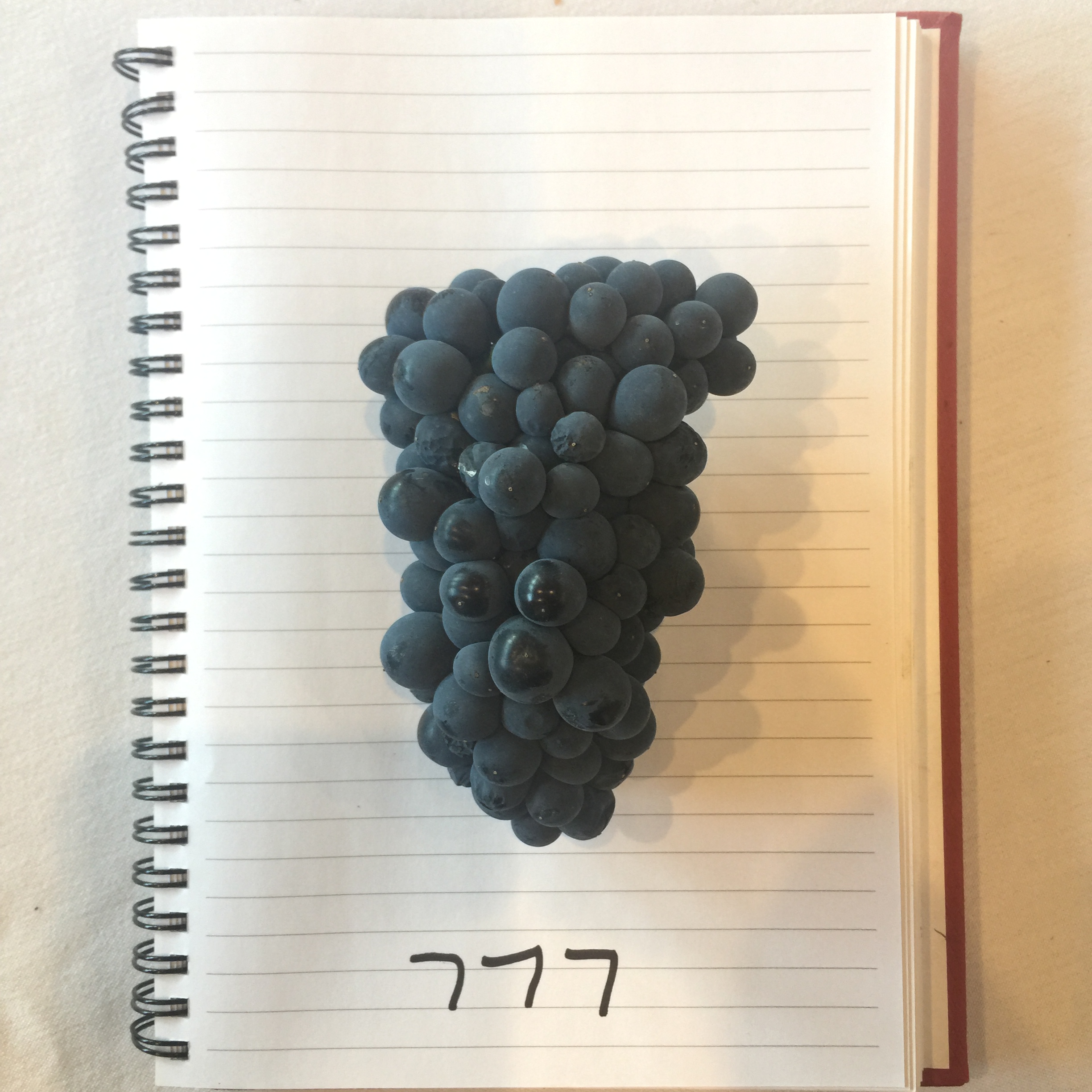🍇 Kramer Vineyards Blog: Discover Wine Tips, Stories, and More 🍷
Welcome to the Kramer Vineyards blog, your go-to resource for all things wine! From expert pairing tips and behind-the-scenes vineyard stories to seasonal inspiration, discover the artistry, history, and passion behind every bottle. Explore our latest articles and uncover new ways to enjoy exceptional wines.
Never Miss a Story!
Subscribe to the Kramer Vineyards newsletter for the latest wine tips, pairings, and stories.
A Beginner's Guide to Pinot Noir Clones: Q&A with Kramer Vineyards
These vines have the same DNA
What is a clone?
Pinot Noir clones are genetically identical vines propagated asexually from a "mother vine." In other words, they are vine cuttings taken from a single, original vine and grown to produce new vines. These new vines are identical to the mother vine and to one another, which allows winemakers to plant vineyards with consistent grape quality and characteristics. Pinot Noir clones can vary in their susceptibility to disease, tolerance of climatic conditions, and flavor profiles. Understanding the different features of each clone is crucial for me, as I am always looking to produce wines of the highest quality that reflect the unique terroir of our vineyard.
How do new clones of Pinot Noir arise?
Pinot Noir clones can arise through spontaneous mutations in the grapevine's DNA. These mutations create genetic variations that can change the vine's physical characteristics, such as the size or shape of its leaves or clusters of grapes. Winemakers often select and propagate clones that exhibit desirable traits, such as resistance to disease, tolerance of climatic conditions, or unique flavor profiles.
Pinot Noir has been cultivated for thousands of years, which has allowed numerous mutations to occur and be identified. While most clones originate from France, unique clones have also been identified in Switzerland, California, Oregon, and other regions. The mapping of the Pinot Noir genome in 2007 has further expanded our understanding of the genetic makeup of this grape variety and the potential for discovering new clones in the future.
Pinot Noir clones are continually evolving, and new clones may arise from spontaneous mutations. There is a possibility that the Kramer Vineyards may have a unique clone of Pinot Noir that has yet to be identified. This potential for discovery is part of what makes working with Pinot Noir clones so exciting for us.
Jumping genes are present in almost all living cells. 50% of the human genome are jumping genes; up to 90% of the maize genome are jumping genes!
Is it difficult to detect differences between clones of Pinot Noir in wine tasting?
You don't have to be a wine expert to appreciate the impact of clones on the flavor and aroma of Pinot Noir. Pinot Gris and Pinot Blanc are also clones of Pinot Noir, created through mutations that affect the skin color of the grape. These mutations are so distinctive that they're often considered distinct grape varieties. We'll dive deeper into these varietals in another post. But for now, consider this: if you can tell the difference between white and red wine, your palate is expert enough to explore the nuances of Pinot Noir clones. By understanding the various clones, you can better appreciate the unique qualities of different Pinot Noir wines. For more on this topic, see Pinot Blanc and Pinot Noir Blanc: What's the Difference?
Why is it useful to know about Pinot Noir clones?
The answer for winegrowers and winemakers is simple: it allows us to choose the best clones for our specific growing conditions and wine style. For wine drinkers, knowing about clones can enhance your appreciation and understanding of the wine you're enjoying. At Kramer Vineyards, we grow nine clones of Pinot Noir and make single-clone wines from several different clones of Pinot Noir. Let's take a closer look at the characteristics of the main clones in our vineyard.
Pommard
The Pommard clone, originating from Pommard, a village in the Burgundy region of France, has made a new home in the Yamhill-Carlton AVA, where our Kramer Estate vineyard is located. It has been an essential part of Willamette Valley Pinot Noir's history and reputation, as it was one of the first clones available in the US. It is planted in many of the region's oldest vineyards, including at Kramer Estate. This clone produces medium-sized clusters, often with shoulders, and is well-suited to the cool, moist climate of the Willamette Valley.
At Kramer Vineyards, the Pommard clone was the first clone of Pinot Noir planted in 1984 and remains a significant component in many of our Pinot Noir wines, including our Estate, Cardiac Hill, Rebecca's Reserve, and Heritage Pinot Noir wines. The grapes of the Pommard clone produce balanced and elegant wines suitable for aging, which is why it is still an essential part of our vineyard. When people think of what Oregon Pinot Noir tastes like, the Pommard clone is often a big part of that reputation.
Dijon 115: The Finesse and Balance of Pinot Noir
Discover the allure of Dijon 115, a prized Pinot Noir clone hailing from Burgundy's University in Dijon. Recognized as part of the esteemed Dijon clones, Dijon 115 offers a captivating combination of early ripening, small berries bursting with intense flavors. Renowned for its finesse and balance, wines crafted from Dijon 115 grapes leave a lasting impression. At Kramer Vineyards, we were among the early adopters of this clone, planting it alongside Pommard in our esteemed Rebecca's Reserve block back in 1992. Today, Dijon 115 remains an integral component in our esteemed Cardiac Hill and Estate Pinot Noirs, showcasing its remarkable attributes year after year. Unlike other clones known for specific characteristics like spiciness or tannin, Dijon 115 stands apart as a complete wine, offering unparalleled balance and elegance. Our decision to embrace this clone was influenced by a renowned winemaker from Burgundy who attested to its surging popularity. Experience the magic of Dijon 115 and savor the harmonious symphony it brings to each glass.
Dijon 777: Embracing Richness and Spiciness
Originating from the prestigious University in Dijon, Burgundy, Dijon 777 is an early ripening clone that gives rise to small clusters and berries, culminating in wines of intense color and pronounced tannins. Notably characterized by a captivating spiciness, Dijon 777 has become a sought-after choice for blending. Our journey with this numbered clone began in 2001 when we first planted it at Kramer Estate, integrating it harmoniously into our distinguished Estate Pinot Noir. Owner and winegrower Keith Kramer holds a special affinity for the fiery allure of Dijon 777. In 2019, inspired by a neighboring block consistently producing exceptional fruit quality, he made the bold decision to graft 0.6 acres of Muller-Thurgau to Dijon 777, tripling its acreage. The result? A tribute to the clone's undeniable character and the promise of extraordinary wines to come. Join us on this spicy exploration and experience the distinct charm of Dijon 777 in every sip.
In conclusion, while clonal selection is essential in producing exceptional Pinot Noir, it is just one piece of the puzzle. The terroir and microclimate of a vineyard site can significantly impact how a particular clone expresses itself in the resulting wine. At Kramer Vineyards, we have seen this firsthand in our 22-acre vineyard. If you're interested in exploring the unique characteristics of each clone, we invite you to visit the single clone Pinot Noir section of our online store. Here you can experience each clone's distinct personality and flavors and gain a deeper appreciation for the complex interplay of factors that create truly exceptional wines.

